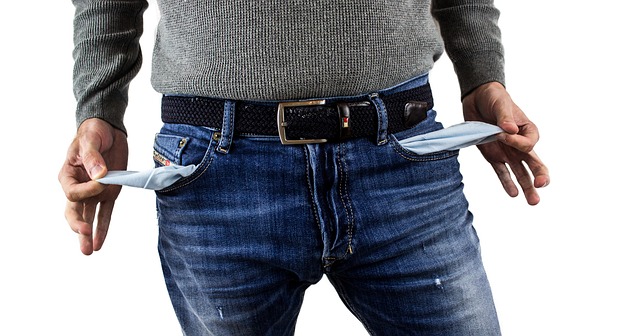Bad Habits That Crater Your Finances (And How To Mend Them)
Keeping your finances healthy should be a top priority in life. When you have money in the bank and an emergency fund you can fall back on, it takes a tremendous amount of stress out of your life. You can depend on your reserves instead of having to rely on somebody else.
Usually, the barrier between you and a sound financial cushion isn’t a lack of income. Mostly, it’s bad habits – things you do that damage your capacity to save.
In this post, we’re going to take a look at some of these negative behaviors and what you can do about them.
Contents
Bad Habit #1: Spending Everything You Earn
You work hard for the money you get. For that reason, you want to enjoy the proceeds.
Nothing is wrong with enjoying some of the fruits of your labor. But when you spend every dime you make, you deny yourself the opportunity to build savings and investments. You can never grow your money. Instead, you always rely on your monthly paycheck to see you through.
The best way out of this problem is to set aside a small amount of your income every month – say 10 percent – so that you have money you can use in an emergency. Over several years, your cash pile will grow, and your investments will compound.
Bad Habit #2: Breaking The Law
Breaking the law is a bad habit that can take its toll on your finances. Some states issue fixed fines for particular violations instead of running them through the courts and taking multiple factors into account.
For most people, the biggest hurdle is motoring violations. State troopers pull over millions of people every year for speeding and issue tickets. Other offenses carry much more costly fines, though. You may, for instance, get a $50,000 fine if a police officer finds a teaspoon of a banned substance on your person.
Therefore, keeping on the right side of the law is necessary for your personal and financial safety. You might not agree with the statutes, but often you can’t afford to disobey them.
Bad Habit #3: Spending Money On Depreciating Assets
People who become fabulously wealthy do so by spending money on assets that appreciate over time, like stocks and bonds. Those who don’t understand how to invest, though, will often buy depreciating “assets.”
Cars, for instance, are among the fastest-depreciating assets you can buy. The average vehicle can lose more than 40 percent of its value in the first year – and more after that. Similarly, boats, bikes, and household appliances all experience the same phenomenon. They all lose value fast.
Where possible, try to reduce your spending on depreciating assets. Save your investment capital for things that will earn returns in the future.
Bad Habit #4: Failing To Budget
Around half of everyone you ask doesn’t keep track of their spending from month to month. Instead, they assume that they have enough money to pay for the things they want. Budgeting is a vital tool you need to use to ensure your finances stay on track.
For live CPA exam prep and accounting classes, join Conference Room for free. Members will be notified of course dates, times, costs, and how to attend these courses.
Get your questions answered to pass the CPA exam, and to learn accounting concepts.
Go to Accounting Accidentally for 300+ blog posts and 450+ You Tube videos on accounting and finance:
Good luck!
Ken Boyd
Author: Cost Accounting for Dummies, Accounting All-In-One for Dummies, The CPA Exam for Dummies and 1,001 Accounting Questions for Dummies
(email) ken@stltest.net
(website and blog) https://www.accountingaccidentally.com/

